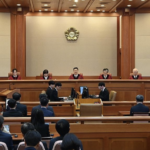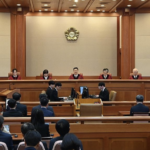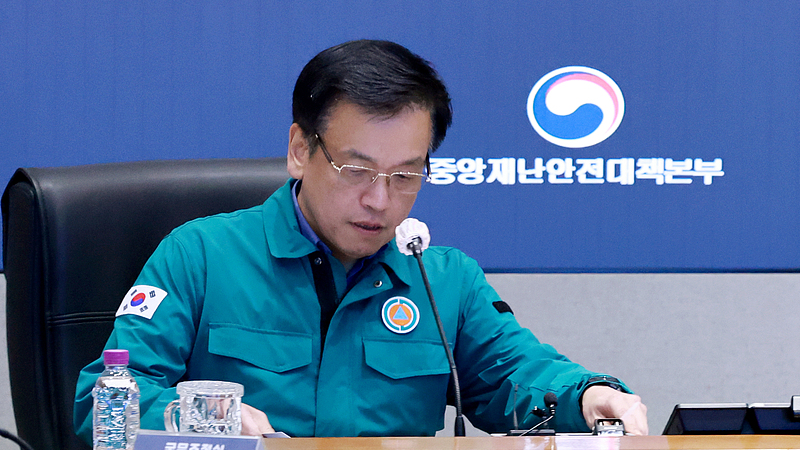South Korea's Constitutional Court has launched historic proceedings to review the impeachment of President Yoon Suk-yeol, marking a dramatic chapter in the country's political saga. 🌟 The court began deliberations Monday after parliament voted Saturday to impeach Yoon over his alleged attempt to impose martial law on December 3—a move critics call a 'dangerous overreach.'
The Road Ahead
Six justices will hold their first public hearing on December 27 to outline key legal questions and timelines. While Yoon isn’t required to attend this session, the court has up to six months to decide whether to remove him from office or reinstate him. ⏳ If the process mirrors 2017’s impeachment of former President Park Geun-hye (who was ousted after three months), tensions could escalate rapidly.
Legal Heat Intensifies
Meanwhile, Yoon faces a separate legal storm. A joint investigative team plans to question him Wednesday about potential insurrection charges tied to the short-lived martial law effort. 🚨 Despite attempts to deliver summons to his office and residence, presidential security reportedly refused to accept them. Yoon has also skipped a prosecutor’s summons, citing the need to 'assemble a legal team.'
Why It Matters
This isn’t just political drama—it’s a stress test for South Korea’s democracy. With protests erupting and global markets eyeing stability in Asia’s fourth-largest economy, the outcome could reshape regional geopolitics. 📉💼 Analysts warn of prolonged uncertainty, especially for young professionals and investors tracking Seoul’s tech-driven markets.
Stay tuned as this story unfolds—we’ll keep you updated with the latest twists. ✨
Reference(s):
cgtn.com




